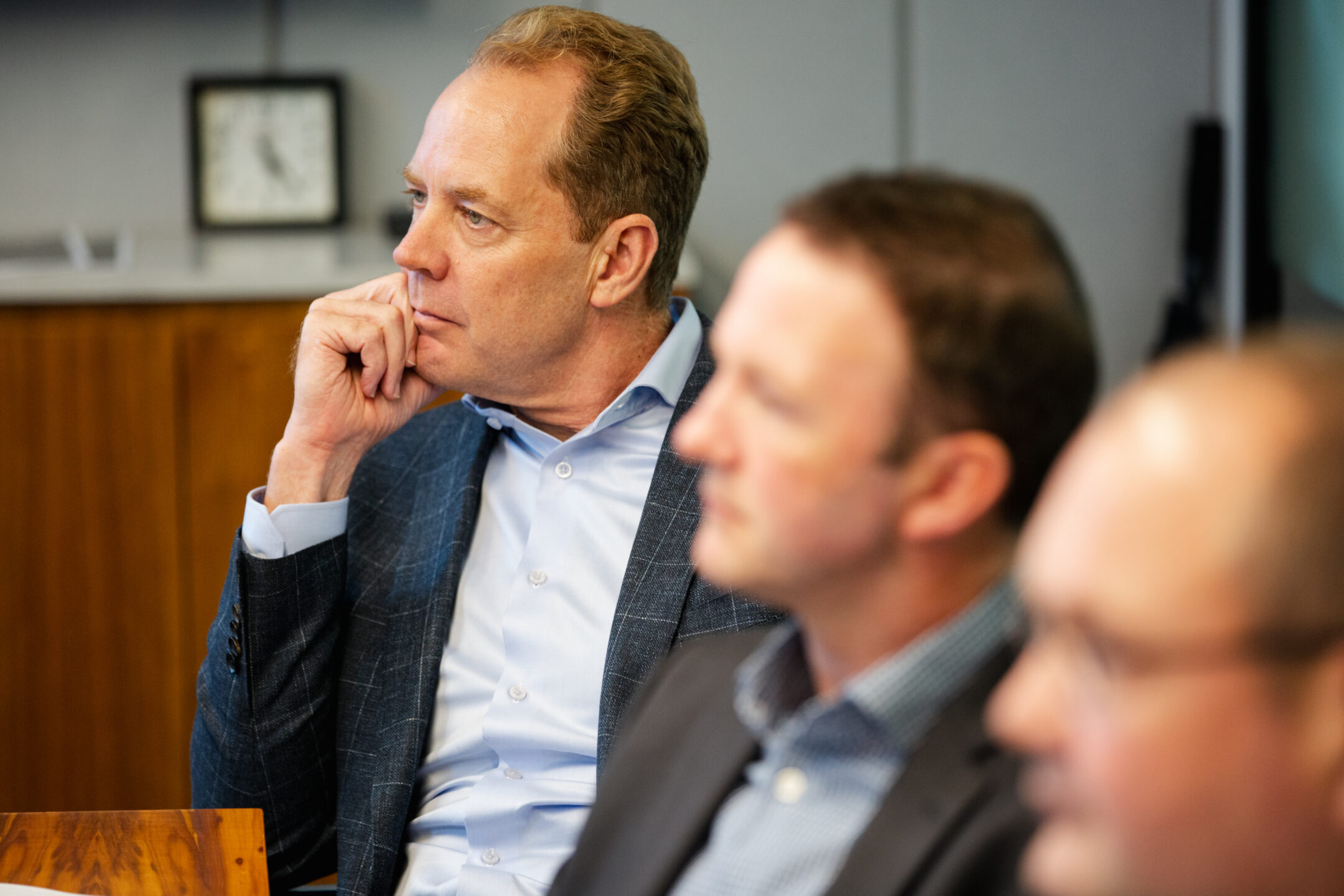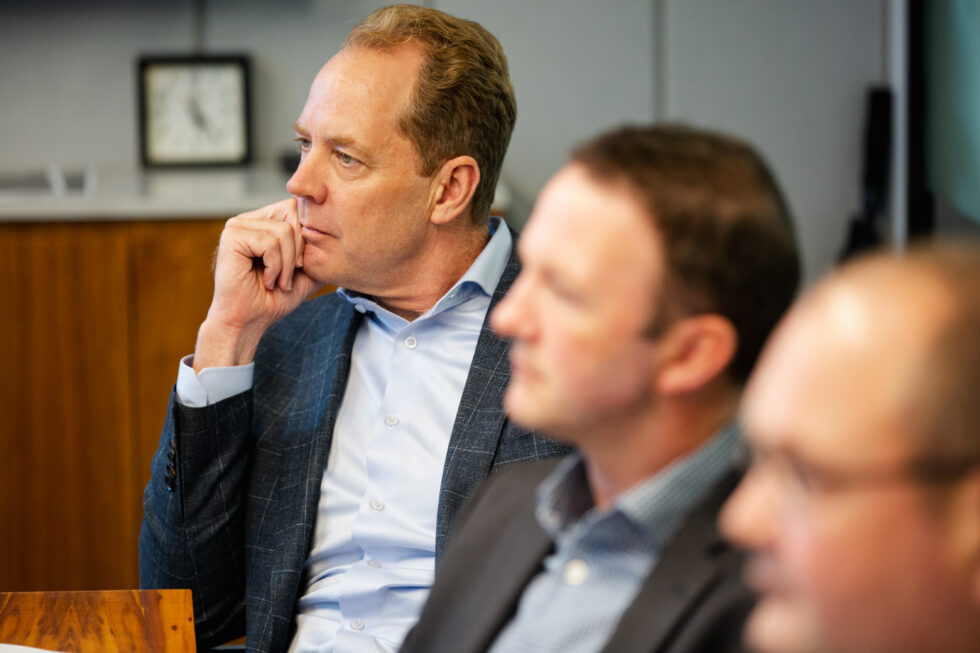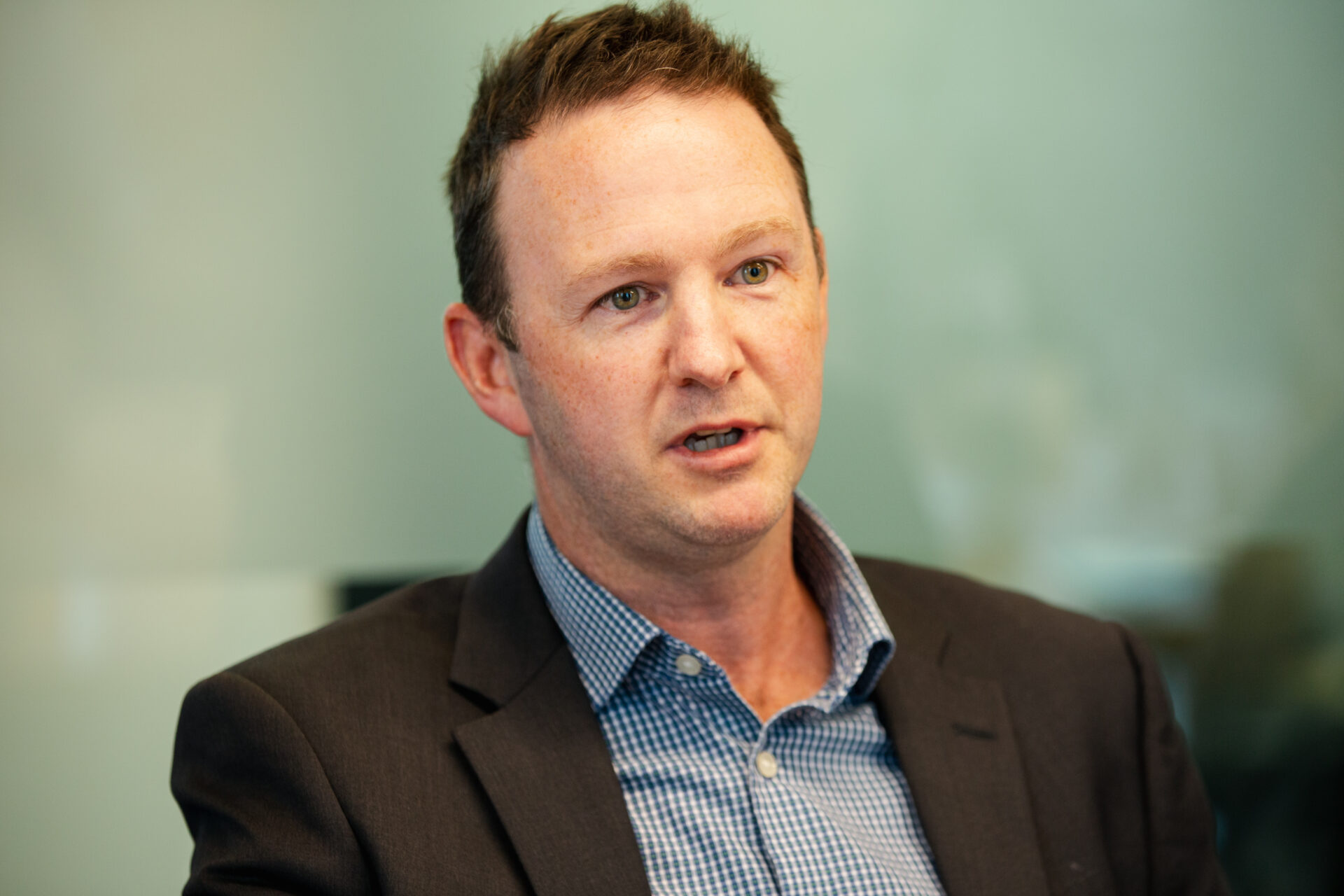Quick insights:
- Firms must first understand and streamline their internal workflows as Artificial Intelligence (AI) cannot improve what isn’t clearly defined.
- With the right systems and support, a single adviser can unlock significant productivity gains through smarter use of technology.
- HUB24 acknowledges productivity foundations are key to scalable success, but to fully realise the potential of AI, the advice industry will need to transform its infrastructure and support systems.
AI is only as effective as the data it relies on. Expecting productivity gains without knowing where data is stored, or why it exists, is unrealistic.
Yet for many advice practices, data remains unstructured and scattered across emails, file notes, excel spreadsheets, SOAs, and compliance documents.
Structured processes and AI vendors who know advice
Centrepoint Alliance’s Head of Advice Technology, Henry Cai said productivity begins with understanding internal processes. “You can’t automate what you don’t understand.”
This also applies when outsourcing to AI vendors, as without a deep understanding of business operations, external providers can’t deliver meaningful outcomes.
AGS Financial Group’s Paul Bolstad echoes the need for a logical, outcome-driven approach. “It’s actually about stopping and thinking what is it I am trying to achieve and what are the ways to achieve it. What are we required to do here?”
He notes that even small changes such as streamlining file notes can unlock immediate savings by refining processes.
“There are all these savings that are already available. You just have to look at your own process and say what do I do and do I need to do it.”
Nathan Jacobsen, CEO of Vital Business Partners, highlights that many SMEs lack investment in integrated business platforms, making continuous improvement difficult.
“The key is knowing your process and the problem you’re solving.”
The ripple effect of productivity wins
Improving internal workflows not only boosts adviser efficiency but also enhances administrative operations, freeing up staff for higher-value tasks.
It is an approach that benefits not only the advisers, but the administrators of advice practices to which many processes are outsourced. “There’s this whole cycle of value add that just shifts your humans to more interesting things,” said Jacobsen.
Unlocking advice productivity is critical to addressing the unmet advice need, but it also enables the delivery of a more high-touch value proposition.
“A planner might have been able to see clients one time a year, however maybe now they can see them four times a year just to provide a better service,” said Nicholas Perrett, CEO Yarra Lane.
Jason Entwistle, Director Strategic Development HUB24 sees this productivity groundwork businesses can do as essential for scalable success, enabling the proposition of a single adviser generating $1million in value with the right support systems in place, a real possibility.
However, the industry infrastructure and support systems currently in place across the advice industry, requires significant transformation before it can reap the benefits of AI.
“The system was built for humans, not robots. To enable AI, we need to retool and rethink how advice is delivered.”




